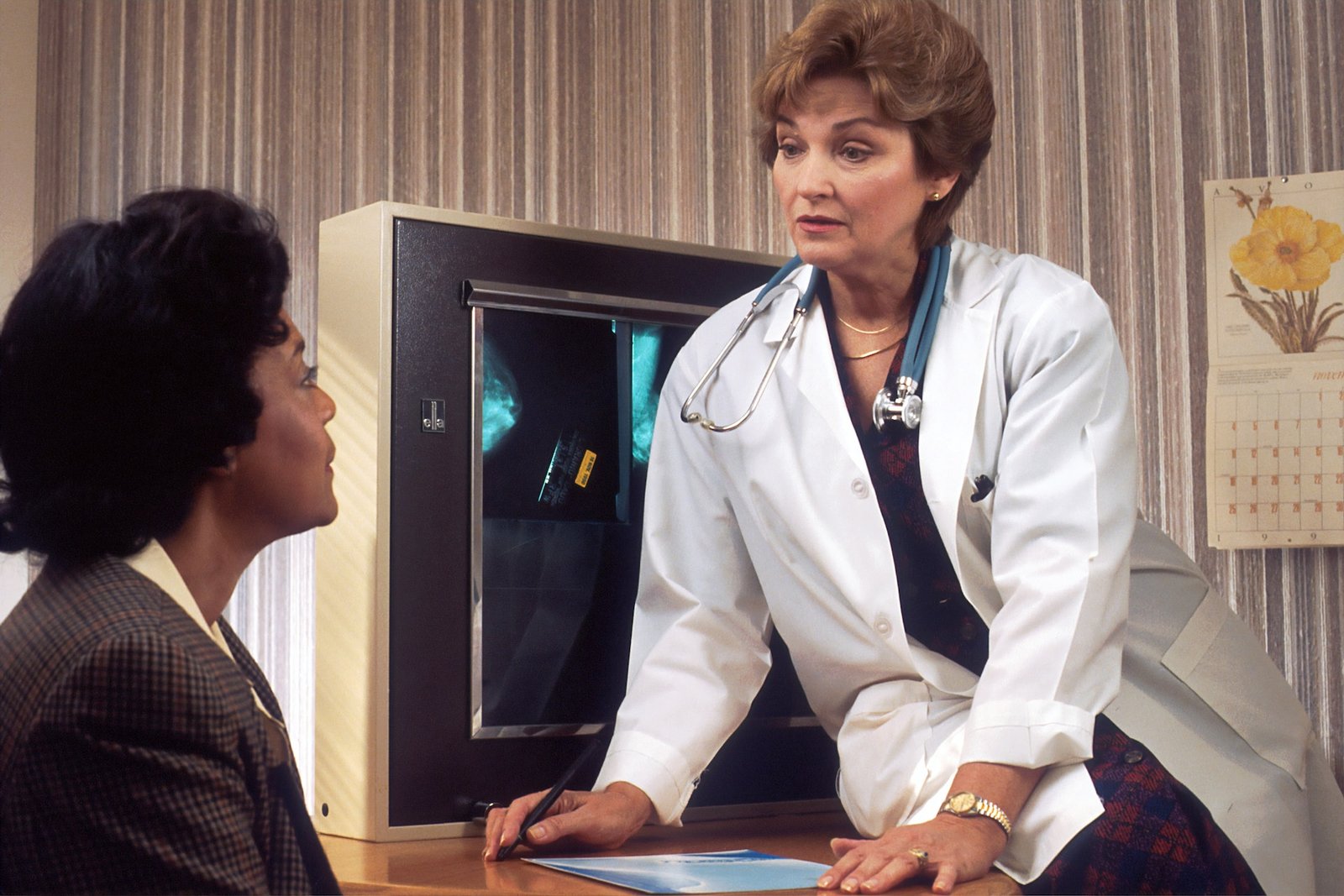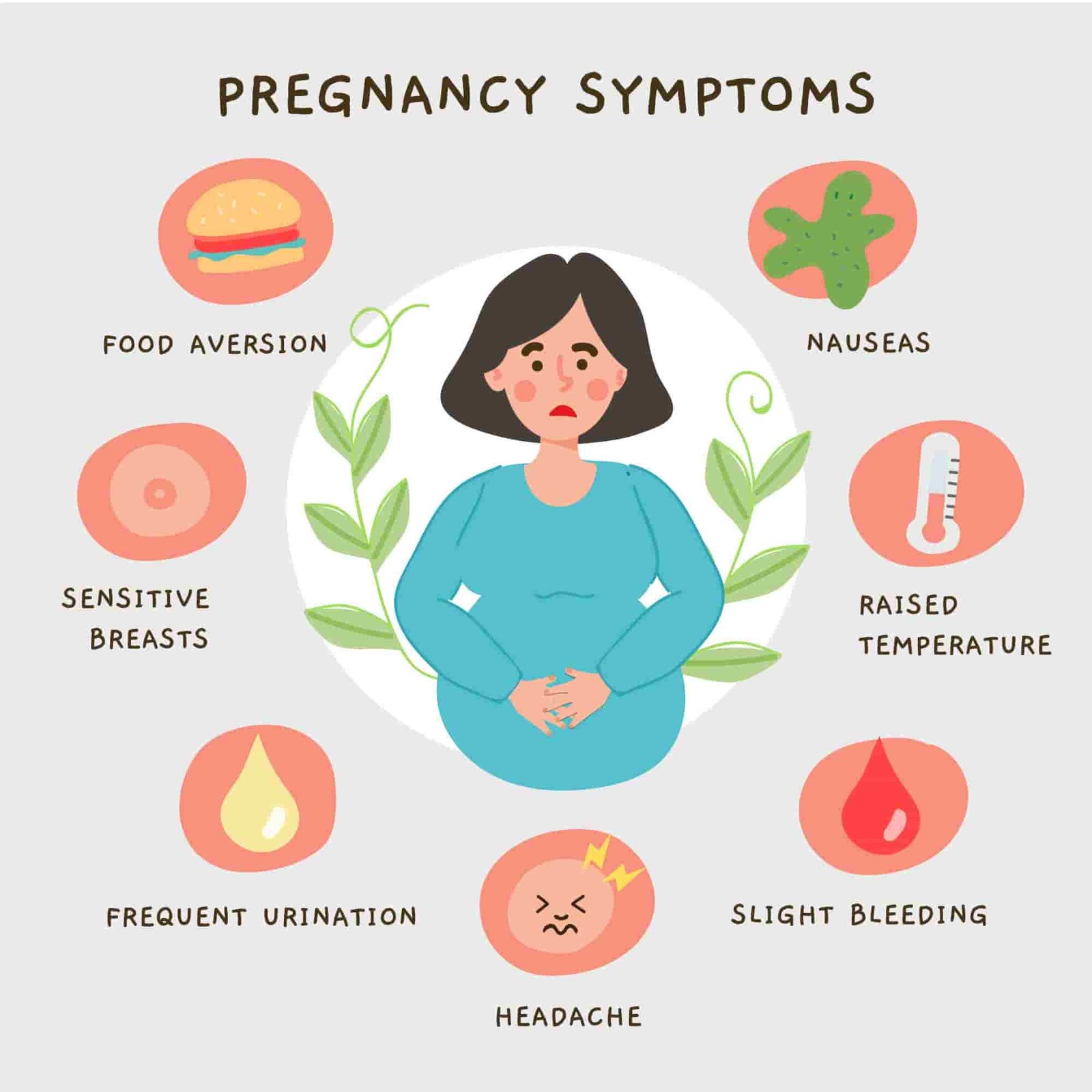The medical field involves the intricate understanding of diseases, treatment strategies, and the predictive capacity of patient outcomes, otherwise known as prognosis. This article delves into the concept of prognosis, its significance in healthcare, and how it has been revolutionized by advancements in medicine and technology.
Understanding Prognosis
A prognosis is a prediction or estimate of the likely course or outcome of a disease. It comes from the Greek word ‘prognosis’ meaning ‘fore-knowing’. It’s an integral part of patient care and informs the treatment plan devised by healthcare providers. The accuracy of a prognosis is based on a multitude of factors, including disease type, stage, the patient’s overall health, age, and response to treatment.
Role of Prognosis in Healthcare
The importance of prognosis in healthcare cannot be overstated. It facilitates decision-making by clinicians, patients, and their families. It informs the treatment strategies to be pursued, the potential side effects to be managed, and the possible outcomes to prepare for. When effectively communicated, a prognosis can help reduce anxiety and improve patient satisfaction.
plays a vital role in healthcare as it allows healthcare professionals to predict the likely progression or outcomes of a disease after a medical condition or injury has been diagnosed. This process aids in creating a treatment plan that is tailored to the patient’s specific needs. For patients, And can provide an understanding of their health status, which can empower them to make informed decisions about their treatment and lifestyle choices. Physicians use prognostic information to recommend the most effective treatments, weighing benefits against potential side effects and risks. Furthermore, an accurate prognosis can also provide a realistic expectation about the potential for recovery, which is integral to the psychological well-being of patients and their families.
In the broader context, prognosis contributes to population health management and is critical in shaping public health policies. By forecasting the probable outcomes of widespread diseases or public health crises, healthcare authorities can develop preventive measures, control disease spread, and allocate resources efficiently. Advanced prognostic models have been increasingly used in the management of chronic diseases such as diabetes, heart disease, and cancer. These models can predict risk levels and treatment responses on a population level, thereby enabling the development of risk-stratified intervention strategies. In essence, prognosis in healthcare goes beyond individual patient care, underpinning the design and implementation of comprehensive healthcare strategies for entire communities or populations.
Informing Treatment Plans
Prognosis informs the choice and intensity of treatment. For instance, a favorable prognosis in early-stage breast cancer might lead to less aggressive treatment options with fewer side effects. On the other hand, a poor prognosis in advanced lung cancer might warrant aggressive therapy or, alternatively, a shift towards palliative care.
Facilitating Decision-Making
Patients and families often base their medical decisions on the prognosis. It aids in evaluating the benefits versus the potential harms of different treatment options. In some cases, a patient with a poor prognosis might opt for quality of life over quantity, choosing palliative care over aggressive treatment.
Factors Influencing
Several factors influence the prognosis, each contributing to its accuracy.
- Disease characteristics: The type, stage, and aggressiveness of the disease largely determine prognosis.
- Patient factors: Age, overall health, genetic predispositions, and lifestyle behaviors impact prognosis.
- Treatment response: How a patient responds to treatment can modify the initial prognosis.
Technological Advancements Improving Prognostic Accuracy
Technological advancements, particularly in data analytics and artificial intelligence, have revolutionized the prognostic process, improving accuracy and personalized care.
The advent of sophisticated technologies has significantly enhanced prognostic accuracy in various sectors, particularly in the healthcare industry. Artificial Intelligence (AI) and Machine Learning (ML) algorithms, for instance, are becoming increasingly crucial in predicting disease outcomes, accelerating diagnosis, and aiding in personalized treatment planning. Advanced technologies like genomic sequencing, radiomics, and precision medicine have introduced a new level of specificity and reliability in prognosis, delivering a higher degree of accuracy than was previously achievable. Through the analysis of patient-specific information and intricate data, these tools can make high-confidence predictions about disease progression, survival rates, and treatment responses, driving more effective patient management strategies.
Furthermore, the fusion of the Internet of Things (IoT) with healthcare, known as the Internet of Medical Things (IoMT), is revolutionizing prognostic accuracy. IoMT devices like wearable fitness trackers, remote patient monitoring systems, and smart implants are capable of collecting real-time data regarding patients’ vital signs, lifestyle habits, and symptom progression. This data, when processed using sophisticated ML algorithms, can provide clinicians with precise and timely prognostic information, enabling them to make data-driven decisions and improving overall patient outcomes. The integration of advanced technologies in prognostic methods demonstrates immense promise for the future of predictive healthcare.
Data Analytics
Health data analytics involves the examination of large sets of health data to help predict outcomes, improve care, and understand overall health trends. It has vastly improved the ability to prognosticate by considering vast, complex datasets that go beyond a clinician’s capacity to analyze.
Artificial Intelligence
Artificial Intelligence (AI) and Machine Learning (ML) algorithms have proven effective in prognosis, particularly in cancer care. They use pattern recognition to predict patient outcomes based on multiple parameters, providing a more comprehensive and personalized prognosis.
Conclusion
Prognosis is a cornerstone of effective healthcare. It helps shape treatment strategies, facilitate informed decision-making, and provide a glimpse into potential outcomes. With the advent of technology, prognosis continues to improve, becoming more accurate and individualized. It promises a future where each patient’s care is truly tailored to their unique health profile.








